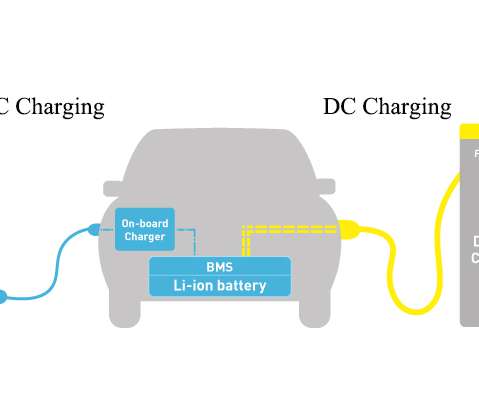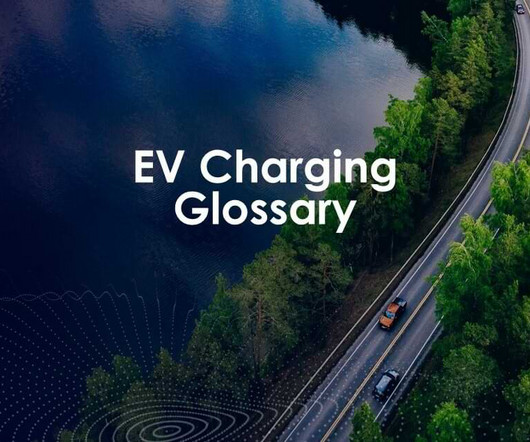Tata Motors commits almost $50M to UK National Automotive Innovation Campus
Green Car Congress
DECEMBER 4, 2013
Tata Motors Limited, India’s largest automobile manufacturer, has confirmed its long term commitment to advanced research and development in the UK through the participation of its subsidiary, Tata Motors European Technical Centre (TMETC), in the UK’s National Automotive Innovation Campus (NAIC). Earlier post.).












Let's personalize your content